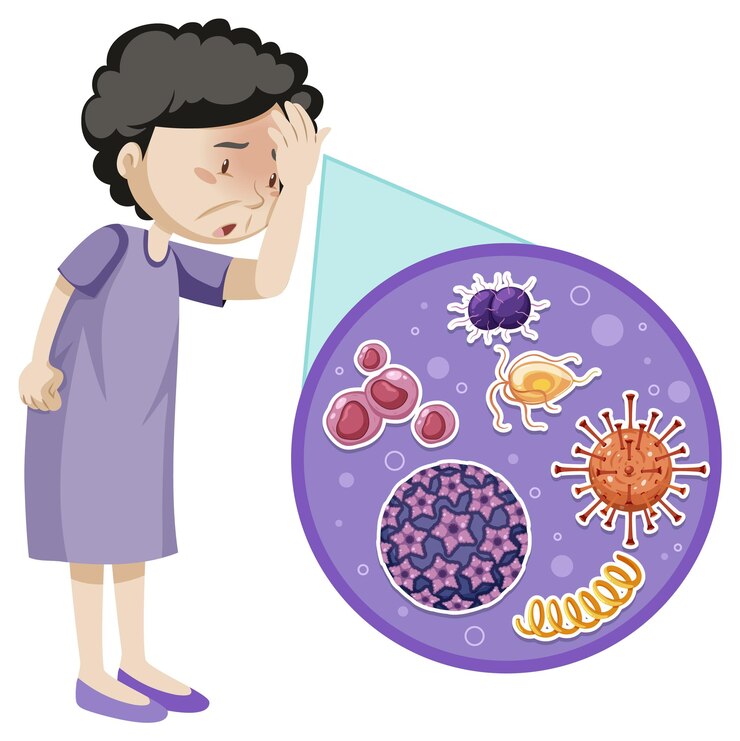
Symptoms of Seborrheic Folliculitis: How to Recognize the Condition
Have you noticed itchy, red bumps on your skin, particularly around hair follicles? These could be signs of seborrheic folliculitis, a common skin condition that can cause discomfort and frustration. Recognizing the symptoms is the first step toward managing the condition effectively. Let’s explore the key symptoms of seborrheic folliculitis in simple terms.
1. Red Bumps or Pustules:
One of the primary symptoms of seborrheic folliculitis is the appearance of red, inflamed bumps or pustules around hair follicles. These bumps may be itchy or tender to the touch and can vary in size from small papules to larger nodules.
2. Itching or Burning Sensation:
Seborrheic folliculitis often causes itching or a burning sensation in the affected areas. The itching may be mild to severe and can worsen with scratching, leading to further irritation and discomfort.
3. Oily or Greasy Skin:
Individuals with seborrheic folliculitis may notice that their skin feels oily or greasy, especially in areas prone to the condition, such as the scalp, face, and chest. Excess oil production can contribute to the development of folliculitis by creating an ideal environment for yeast to thrive.
4. Flaky or Crusty Skin:
In addition to red bumps and itching, seborrheic folliculitis can cause flaky or crusty skin, particularly on the scalp. These flakes may resemble dandruff and can be visible on the scalp, hair, or clothing.
5. Recurring Symptoms:
Seborrheic folliculitis is often a chronic condition, meaning that symptoms may come and go over time. Individuals with the condition may experience periods of flare-ups followed by periods of remission, where symptoms improve or disappear altogether.
Conclusion:
Recognizing the symptoms of seborrheic folliculitis is essential for seeking timely treatment and managing the condition effectively. If you experience any of the symptoms mentioned above, especially if they persist or worsen over time, it’s essential to consult a healthcare professional for proper diagnosis and treatment.
To seek medical advice, always consult a Doctor. Here are our recommended EXPERTS. Click here
To read more on SKIN. Click Here



